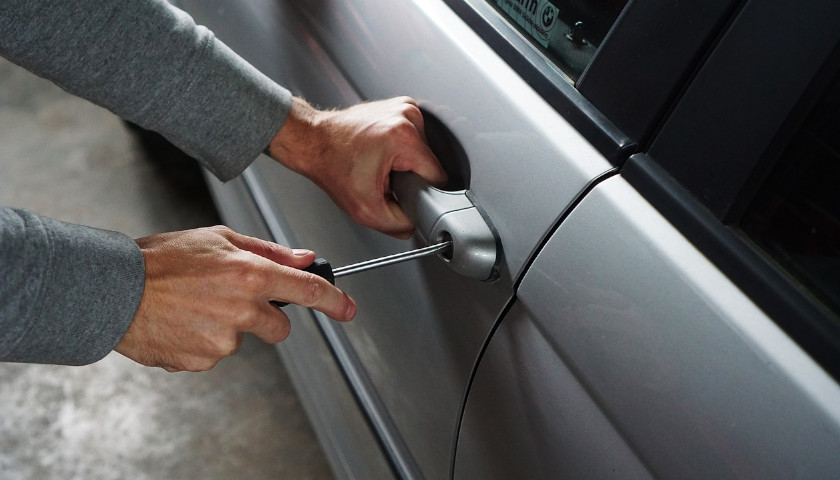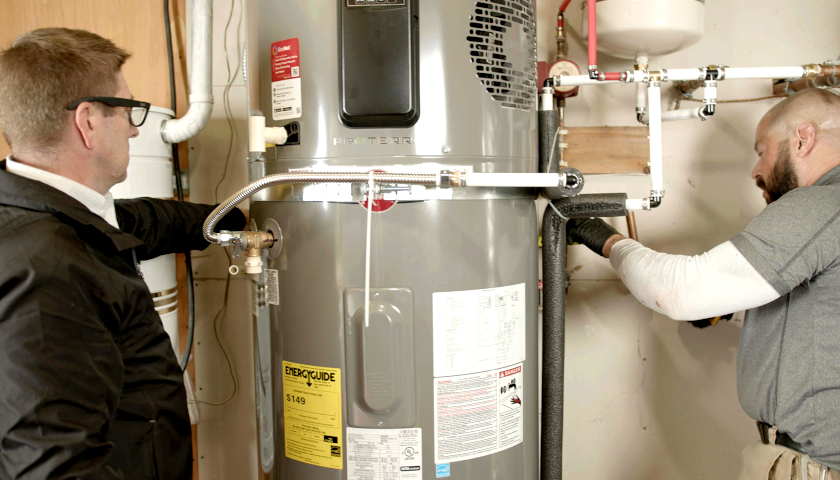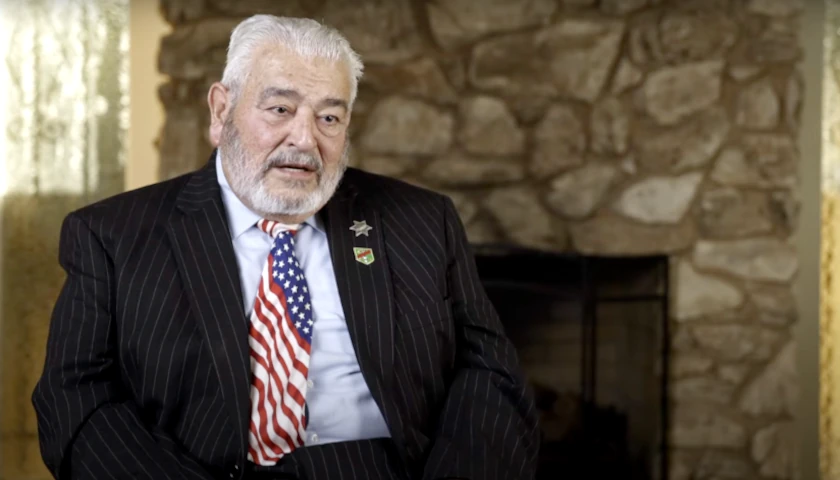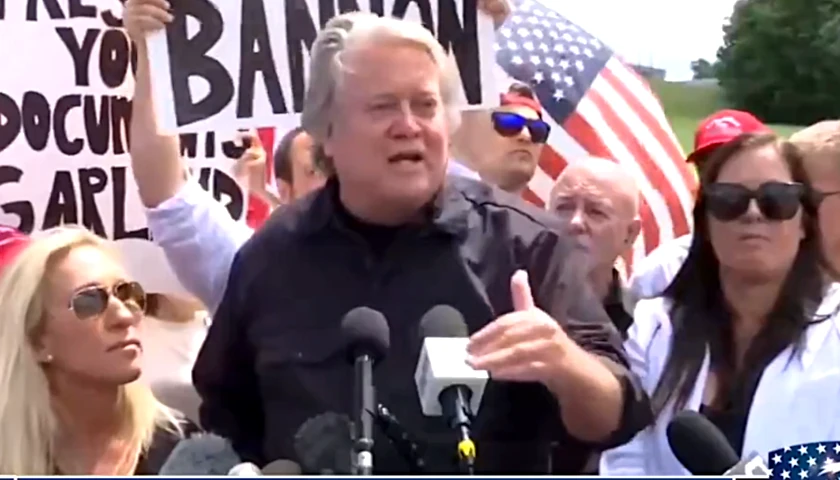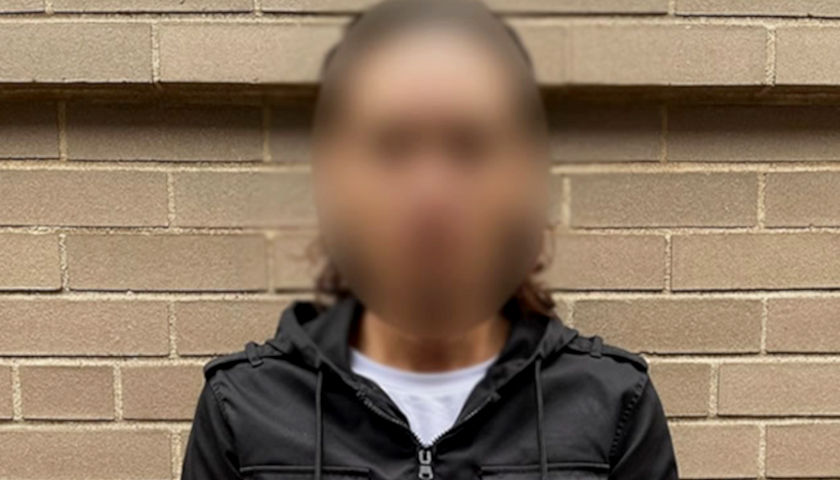by Brent Addleman
Car thieves in Connecticut will be seeing a swifter response from law enforcement.
Democratic Gov. Ned Lamont, up for reelection in the Aug. 9 primary, signed Public Act 22-115 into law this week. The measure updates criminal justice statutes in the state, while providing law enforcement and the courts to act quickly while more effectively responding to youth that are charged with repeated car theft violations.
“These updates to Connecticut’s criminal justice statutes make juvenile arrest and delinquency proceedings swifter with more information for courts to review, provide more intensive responses to the small number of juveniles with serious and repeated charges, and restructure motor vehicle theft laws to focus on people with prior offenses,” Lamont said in a release. “This bipartisan legislation shows the good that comes when policymakers on both sides of the aisle seek common ground to develop solutions together. Connecticut is a safe state and keeping it safe requires continuous policy improvements and investments in needed areas.”
The state, according to the release, has heavily invested in crime prevention in its budget that will improve responses that will aid in getting youth services and treatment in an attempt to reduce repeat youth offenders.
The new law will provide $11.4 million for law enforcement agencies to lead strategies and form partnerships to trace recovered firearms to their source, provide for a reduction in stolen cars and other violence, and enhance support for communities that are experiencing more violent crime. In addition, $7.5 million will be used for strategies to prevent gun violence, and $4.1 million is earmarked for enhancing forensic science technologies.
Earlier this year, Lamont introduced Senate Bill 16. It included provisions that have been indoctrinated into the public act, according to the release.
The new law, according to the release, will make the judicial process more rapid and more effective pertaining to juvenile arrests. Juveniles will not be detained, but will appear in front of a judge within five business days. It will also increase the time from six hours to eight hours that a youth can be held by police when waiting on a judicial detention ruling or are trying to locate a parent or guardian.
Municipal police officers who are investigating juvenile crimes will be granted access to statewide electronic records, according to the release, for pending charges and arrest records for the previous three months.
The law, according to the release, will allow for the courts to formally order assessment for services for youth, and gives more intensive responses to juveniles with serious, repeated charges.
The new law will allow, according to the release, expansion of special juvenile probation dockets to feature homicide and firearms crimes and allows GPS monitoring to be ordered by the court for a youth charged with a second or subsequent motor vehicle offense.
A new structure, according to the law, will be established for motor vehicle thefts with escalating penalties for repeat offenders and will base penalties on the value of the vehicle stolen.
– – –
Brent Addleman is an Associate Editor and a veteran journalist with more than 25 years of experience. He has served as editor of newspapers in Pennsylvania and Texas, and has also worked at newspapers in Delaware, Maryland, New York, and Kentucky.

